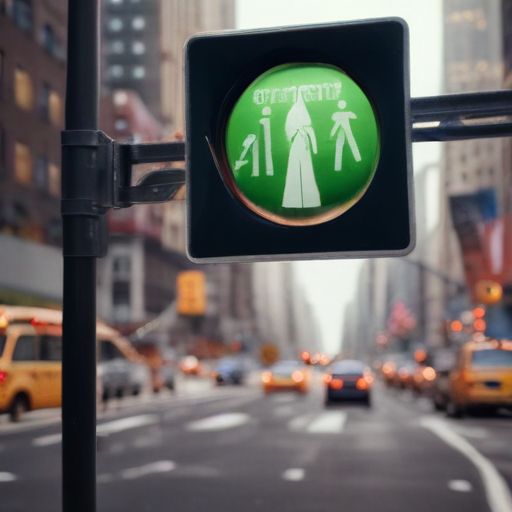The Federal Highway Administration (FHWA) announced the termination of its approval for New York’s Central Business District Tolling Program (CBDTP) on February 19, 2025. This decision was communicated to New York Governor Kathy Hochul in a letter, which rescinded a previous agreement from November 21, 2024, under the Value Pricing Pilot Program (VPPP). This action halts the city’s plan to impose tolls on vehicles entering Manhattan below 60th Street.
U.S. Transportation Secretary Sean P. Duffy criticized the congestion pricing plan, stating it unfairly burdens working-class Americans and small business owners. He emphasized that drivers already contribute to highway financing through gas taxes, and the tolling scheme lacks any free travel alternatives, placing additional financial pressure on commuters. Duffy also highlighted potential negative impacts on small businesses that rely on customers from neighboring states and raised concerns over increased costs for delivery trucks, which could lead to higher consumer prices for goods.
The FHWA’s decision stems from two key issues. First, the CBDTP’s extensive design does not provide toll-free travel options for many drivers in the congested urban environment. Second, it was noted that the tolls were primarily intended to generate revenue for transit services rather than effectively reducing congestion. This is contrary to the VPPP’s fundamental goal, which is to implement tolls specifically for congestion management.
To conclude the process, the FHWA will collaborate with project sponsors to ensure an organized termination of the toll program. This clarification underlines the federal commitment to maintaining a toll-free highway system as essential to the Federal-aid highway program.
This decision may lead to renewed discussions around congestion management in urban areas, emphasizing a need for balanced approaches that consider the economic impact on all residents and businesses. The focus now may shift to alternative strategies for reducing congestion without imposing tolls that disproportionately affect lower-income commuters.
